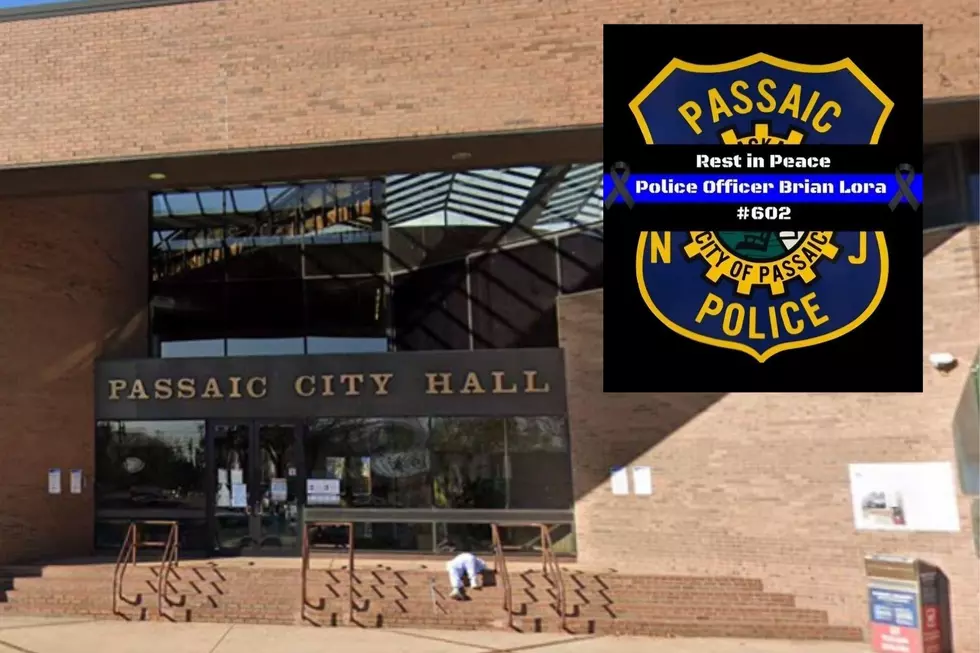
CBS’ Bob Simon remembered as master storyteller
NEW YORK (AP) -- Bob Simon was kidnapped in Iraq, beaten in Belfast and held at gunpoint in Romania during a nearly 50-year career at CBS News. His bravery made the mundane way he died -- in the back seat of a car on Manhattan's West Side Highway Wednesday night -- seem all the more tragic.
Simon's work outlives him, and not just on reputation. A story he was working on with his producer, daughter Tanya Simon, about searching for an Ebola cure, is scheduled to air on "60 Minutes" this weekend. The newsmagazine will have a full tribute to Simon on Feb. 22.
He died at age 73.
Simon was a foreign correspondent in the heyday of CBS News and broadcast news in general. He was one of the last to leave Vietnam following the fall of Saigon in 1973, and reported on conflicts in Northern Ireland, Nigeria, Portugal, Cyprus, Argentina, India, Romania, Bosnia and, most indelibly, the Middle East.
He often said he was better known in Israel when he was stationed there than he was in the U.S., something he may have wished was untrue. A story in the late 1980s that showed Israeli soldiers beating Palestinian boys during the Intifada earned him so many threats that he needed to hire security for his home.
During the first Gulf War in 1991, he was taken by Iraqi forces near the Kuwait-Saudi border. He and three colleagues were held and beaten severely for six weeks, after which he said he hoped his interrogators "die soon and painfully."
While he was held, one of his New York colleagues prepared an obituary reel -- kind of a reverse psychology, hoping it would never be used. Following his release and return to New York, it was handed to him. It took Simon months to watch.
"When you look at your obit, it sort of reminds you how close you came to being dead," he said.
Jeffrey Fager, then a young producer at CBS News and now executive producer of "60 Minutes," said he was always eager to hear Simon's take on a story, even if many others covered it. Simon would usually notice something others hadn't, he said.
Simon had the hardware, including some 27 Emmy Awards. His impact may be better felt in the words of younger correspondents who followed his path. Anderson Cooper nearly broke down speaking about his death on CNN Wednesday night, saying he felt intimidated walking the same hallways with Simon.
"When I try to write really well, I listen for Bob's voice," said NBC News correspondent Richard Engel, in an email from Iraq Thursday. "Sometimes I can just hear it -- the ups and downs, the simple phrase to button up a complex thought -- but then when I think I've got it, it's gone too quickly, just like Bob.
"He was a brilliant writer and journalist who had the amazing ability to be brave, intelligent and witty all at the same time and make it look effortless," Engel said. "He was the gold standard. Without him, our profession is diminished."
Simon joined "60 Minutes II" in 1999 and the Sunday night broadcast in 2005. He carved out a new niche with a willingness to travel the world for all manner of stories, given a freedom and budget increasingly rare in the realm of broadcast news today. He found a symphony in the Congo, hunted for jaguars in Brazil, visited monks on a mountaintop in Greece.
The jaguar story displayed his subtle wit: "It was good to be in a car," he said, as the camera showed a crocodile-like creature lurking in a swamp.
"You can tell the difference when a reporter can't wait to get out there and cover a story and one who goes out reluctantly or would rather stay home," Fager said. "You're born with this. You're born with desire and a curiosity about the world. And he was born with an extra gift, with an ability to tell a story that sets him apart."
One of his favorite stories, from 2011, was a visit with the Orthodox Christian monks on Greece's Athos -- a place where newspapers, computers, televisions and -- for the past 1,000 years, women -- are not allowed. After two years of cajoling, he was permitted to bring the first camera crew there in 30 years. With graceful language, Simon captures the rhythm of the place: "On a typical day --and every day is a typical day," he explained the never-deviating routine. One bearded monk, he said, "could have risen from a Rembrandt."
This past Sunday, he profiled "Selma" filmmaker Ava DuVernay. The story had personal touches -- DuVernay's father watched the march in Selma that her daughter recreated for the movie -- and hit on serious issues like the lack of diversity in Hollywood.
"We think of him as a foreign correspondent, but he could do everything well," Fager said. "He was a brilliant thinker and he could go into any kind of situation and tell it in a way you haven't heard before. I just think he was a master story-teller."
(Copyright 2015 The Associated Press. All rights reserved. This material may not be published, broadcast, rewritten or redistributed.)
More From New Jersey 101.5 FM









